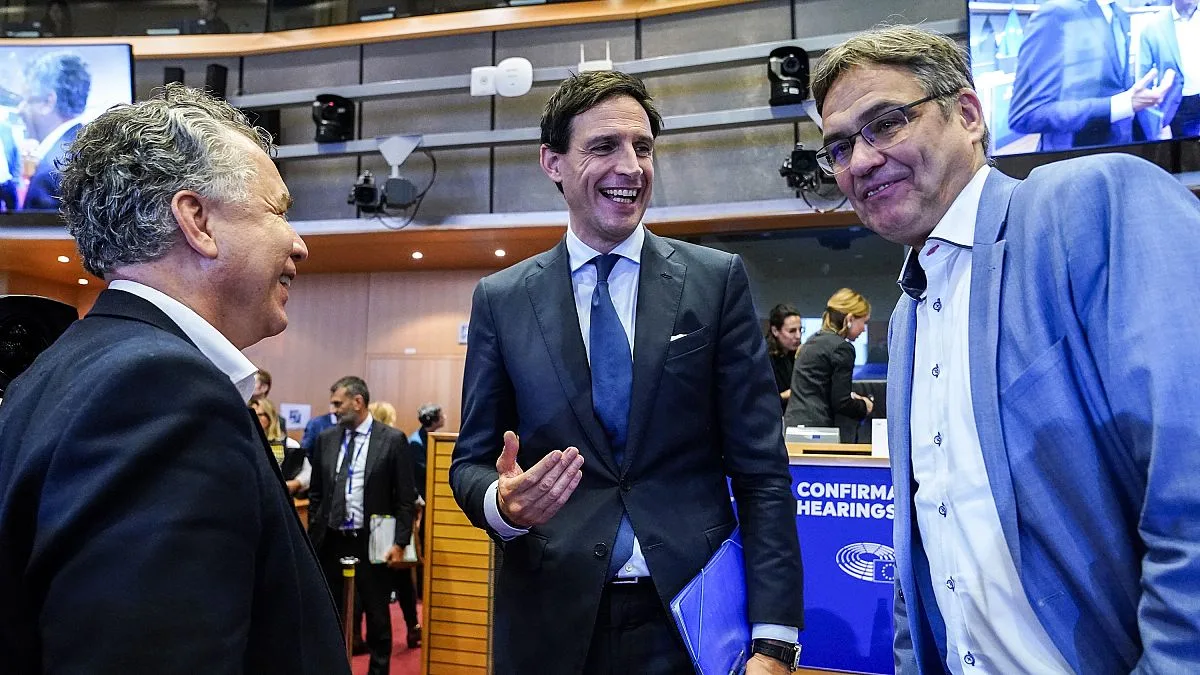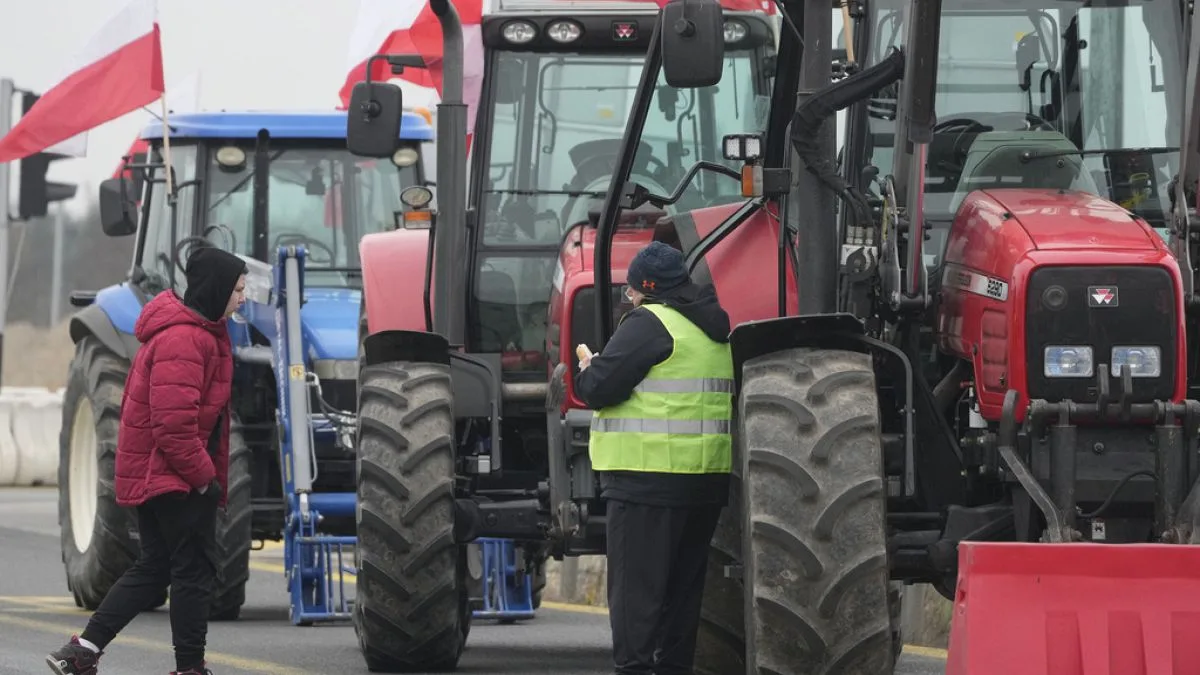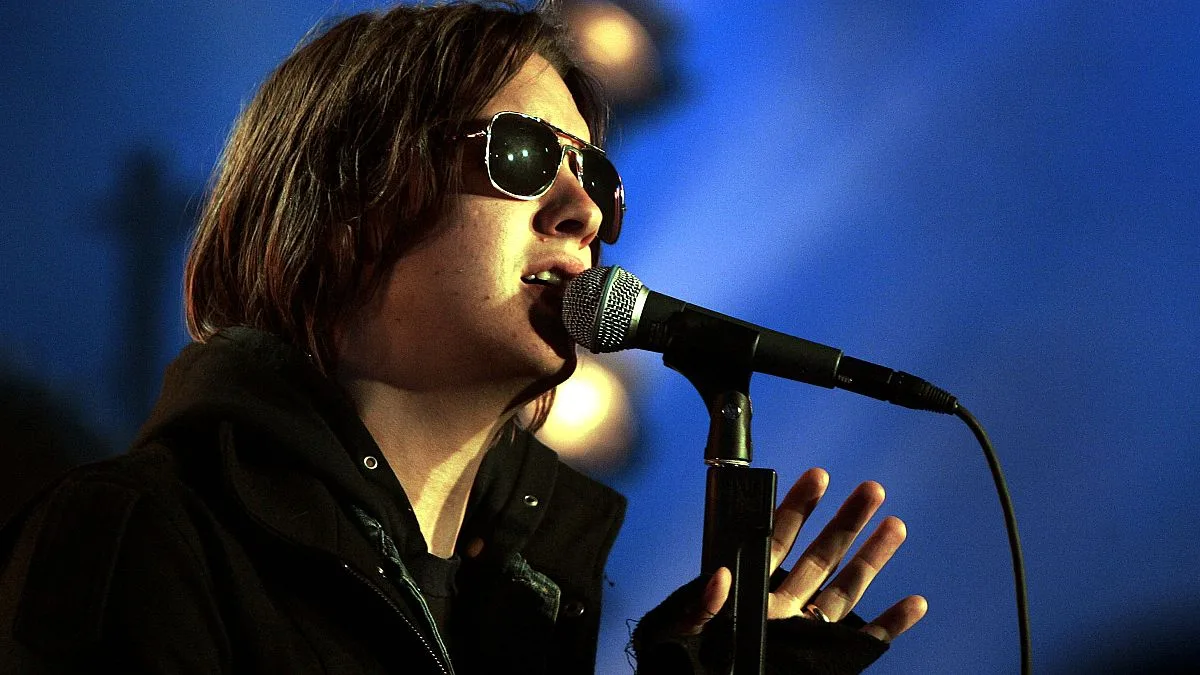Dutch Commissioner Wopke Hoekstra has reaffirmed his commitment to achieve a staggering 90% reduction in greenhouse gas emissions by 2040. He also asserted that there will be no revisions to deadlines for phasing out new petrol and diesel vehicles, effectively addressing skepticism from far-right climate change deniers during a recent European Parliament hearing.
Hoekstra, who serves as the interim climate and tax commissioner, is positioned to complete a full term within President Ursula von der Leyen’s upcoming second EU executive, having successfully garnered support from Members of the European Parliament (MEPs) during his hearing.
He took on this role following the exit of fellow Dutchman and EU Green Deal Director, Frans Timmermans, which set the stage for a significant shift in the EU’s climate strategy.
Targeting 90% Emission Reductions
Hoekstra has previously pledged to propose a 90% reduction in net greenhouse gas emissions by 2040 from a 1990 baseline. During the hearing, he was pressed for a timeline on this legislative proposal. “Let’s ensure that our communication on the Clean Industrial Deal and the 90% target are synchronized within the first hundred days,” he stated. However, he acknowledged that more time would be needed before a formal proposal to amend the EU climate law, which currently aims for a 55% reduction by 2030 and Net Zero by 2050.
Phasing Out Internal Combustion Engine Vehicles
Similar to the incoming transport commissioner Dan Jørgensen, Hoekstra confirmed his support for gradually reducing the CO2 emissions limit for new cars to zero by 2035, which translates into a formal ban on petrol and diesel vehicles. “We cannot revisit the commitments previously established by this Parliament regarding the automotive industry,” he insisted, emphasizing the need for legal certainty while promising to facilitate necessary upgrades to the power grid and charging infrastructure.
Amid lobbying efforts from car manufacturers in Brussels, which claim that meeting stringent CO2 limits could lead to hefty fines, Hoekstra questioned whether the industry genuinely desired changes to these targets. “Many car companies have requested that we adhere to the 2035 targets, and in fact, also to the 2025 target,” he noted, recalling prior instances in 2020 and 2021 when the industry adapted successfully to tighter limitations.
Tax Responsibilities
In his expanded role, Hoekstra’s portfolio now includes tax matters, which constituted about one-third of the hearing’s discourse. A Hungarian MEP from Viktor Orbán’s Patriots for Europe group sought clarification regarding Hoekstra’s intentions on supporting qualified majority voting on tax topics—an area where all member states retain veto power within the EU Council.
Regarding the taxation of aviation fuel and air travel— often seen as enjoying an inequitable advantage over road and rail transport—he expressed a willingness to initiate discussions with a “coalition of the willing” to explore the issue further. “This falls under the jurisdiction of member states, so their agreement will be essential,” Hoekstra remarked, recognizing the limitations of his influence.
Preparing for COP29
With Hoekstra set to lead the EU delegation at the upcoming COP29 climate summit in Baku, Azerbaijan, he commented, “While the EU contributes a mere 6% to global emissions, we must also advocate for the remaining 94% of emissions to be addressed.” He emphasized the importance of holding major polluting countries like China, the U.S., and India accountable for their climate actions amidst rising geopolitical tensions globally, including the recent war in Ukraine and the re-election of former U.S. President Donald Trump.
Hoekstra acknowledged the existing geopolitical challenges, admitting, “The situation is dire, and it may influence COP29 and our climate diplomacy,” but firmly stated, “This cannot excuse inaction.”
Plea to “Listen to Scientists”
In a pointed exchange, lawmaker Anja Arndt of the far-right Alternative for Germany (AfD) challenged the efficacy of the EU’s net-zero goal, arguing that the atmosphere consists primarily of nitrogen and oxygen. Hoekstra responded with the applause of many attendees: “We must respect and engage with leading scientists. This is critical for informed decision-making.” He reiterated the pressing reality that Europe is warming at a rate twice that of the global average.
Final Thoughts
Climate advocates responded positively to Hoekstra’s reaffirmation of EU climate policies, albeit with caution. Sven Harmeling from Climate Action Network (CAN) Europe articulated, “While we appreciate Hoekstra’s commitment, we hoped for a stronger pledge to ensure that member states uphold ambitious National Climate and Energy Plans that align with the Paris Agreement.”
Today, CAN Europe, alongside several NGOs, filed a formal complaint with the European Commission, urging action against member states that have not followed through on their climate and energy strategies. Notably, 13 out of 27 member states are yet to file their final drafts, despite a legal deadline that expired at the end of June.
Photo credit & article inspired by: Euronews



